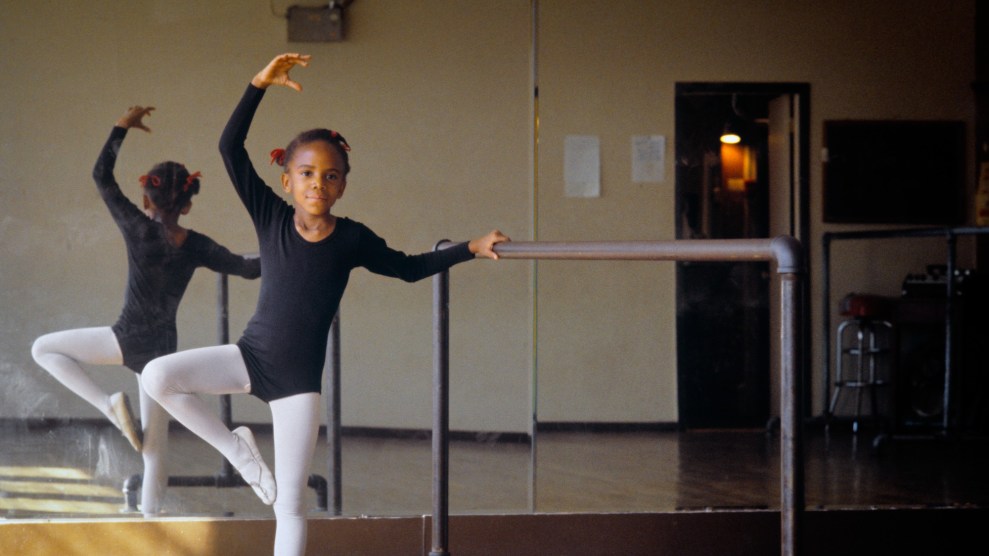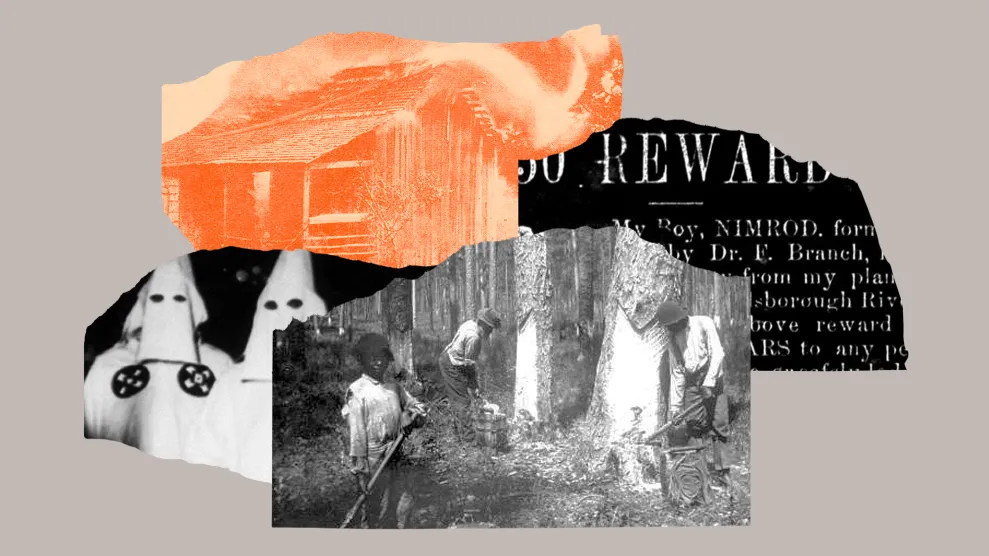
ClassicStock/ Getty
The devastating impacts on reproductive rights and individual lives after the fall of Roe continue apace.
The latest high-profile account to detail the gut-wrenching effects arrived in Time this week. The story—”She Wasn’t Able to Get an Abortion. Now She’s a Mom. Soon She’ll Start 7th Grade”—centers on Ashley, a 13-year-old girl from Mississippi who in the fall of 2022, according to her mother, was raped by a stranger in her yard. The assault resulted in a pregnancy that she was unable to terminate because of the strict abortion bans in Mississippi and its bordering states, each enacted after the overturning of Roe. Ashley’s mother, Regina, told Time that she didn’t have the resources to take her daughter to the nearest clinic hundreds of miles away in Chicago.
This story, recounting Ashley’s trauma and highlighting the many systems that failed her, is an incredibly difficult read. But one line has especially stayed with me:
“One nurse came in and asked Ashley, “What have you been doing?” Regina recalls. That’s when they found out Ashley was pregnant.”
This is the question a nurse chose to ask when confronted with a Black child in clear distress, who had shown up to the emergency room unable to stop vomiting. Not “What happened to you?” or “Are you okay?” The nurse reportedly asked a 13-year-old child, “What have you been doing?” It’s hard not to see the suspicion and implicit blame in the question. That culpability, deployed with equal amounts of derision and judgment, is something that I and many other Black women and girls are all too familiar with.
Victim blaming reaches people of all races. But Black girls stand at a uniquely horrifying intersection where both gender and skin color are weaponized against them. One study showed that as early as five years old, society perceives Black girls as “less innocent” and “more adult-like” than their non-Black counterparts, placing an unfair expectation on them to act more maturely. In 2017, Georgetown Law’s Center on Poverty and Inequality reported that participants in a study perceived Black girls as needing less nurturing, protection, and comfort than white girls. These virulent misconceptions, of course, can be traced back to historically racist stereotypes about Black femininity. GLCPI wrote:
“These images and historical stereotypes of Black women have real-life consequences for Black girls today. According to [Jamila] Blake and colleagues, “these stereotypes underlie the implicit bias that shapes many [adult’s] view of Black females [as] … sexually promiscuous, hedonistic, and in need of socialization.”
The results of this adultification are pervasive. Black girls are often punished more severely in schools and the criminal justice system than their white peers. The ripple effects can be found all over popular culture. Huff Post’s Taryn Finley attributed this societal perception as a key reason why R. Kelly, whose accusers were primarily Black women and girls, was able to remain successful despite allegations of child sexual abuse surrounding him for several decades. And they can be found in questions like, “What have you been doing?”
Girlhood is a delicate period. It should be a time for crushes and school dances, not confronting the dark realities of misogyny and racism. It’s time for society to allow young Black girls to be girls, instead of forcing them into becoming women. Not ask, like the nurse in this story, “What have you been doing?”

















